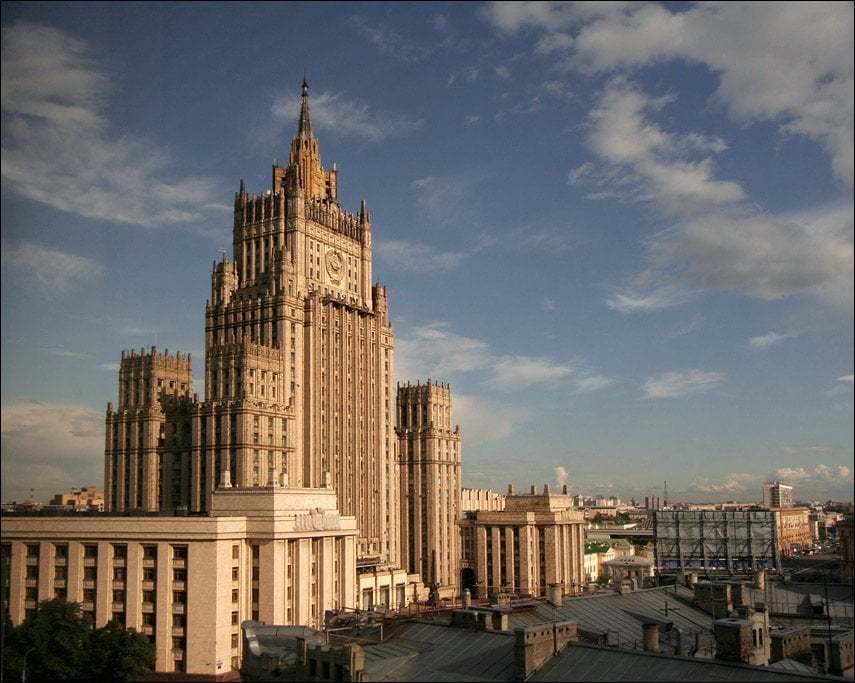The U.S. State Secretary Antony Blinken and High Representative of the EU for Foreign Affairs and Security Policy, Josep Borrell, welcomed the idea of diplomatic resolution of disputes but voiced their concerns over Moscow’s draft security proposals, which include provisions on denying the NATO accession of Ukraine and Georgia.
Secretary Blinken says Kremlin proposals include “nonstarters”
Speaking with reporters on December 21, Secretary Blinken stressed that while there might be issues appropriate for discussion, that there are “some very obvious nonstarters” in Kremlin’s proposals.
He maintained that U.S. President Joe Biden has been clear about “some basic principles that no one is moving back on,” including that one country does not have the right to change borders of another by force, dictate the foreign policies of other countries or exert a sphere of influence.
“That notion should be relegated to the dustbin of history,” Secretary Blinken stressed, adding that “those principles are inviolate.”
Acknowledging that Russia has its “grievances, demands, concerns,” the State Secretary said that “so does the United States and all of our European partners about Russia’s conduct, the actions it’s taken.”
He noted it would be preferable to make progress with Russia diplomatically, stressing that the Western allies would put their concerns about Moscow’s actions on the table as well. “We are in absolute solidarity, coordination, consultation with allies and partners. We are doing nothing about them – without them,” said the State Secretary.
Borrell says Russia to blame for deterioration of European security
High Representative Borrell, commenting on Russian proposals, stated that “Europe’s security is under threat.”
He pointed to Russia’s actions as a reason for a “severe deterioration” of the security situation in Europe, in particular “the illegal annexation of Crimea, its role in fuelling the conflict in eastern Ukraine as well as its actions in the Georgian break-away regions of South Ossetia and Abkhazia, in the Transnistrian region and in its support to the Lukashenko regime.”
The High Representative also stressed that the EU “is fully committed to security in Europe based on the key principles of non-aggression and respect for national sovereignty and for territorial integrity.”
He added that “any real discussion” on European security must build on strengthening OSCE and UN commitments and obligations, and “not lead to their erosion.”
High Representative Borrell highlighted that any possible dialogue shall be inclusive and take into account the concerns and interests of all stakeholders, vowing that EU will engage with both U.S. and NATO “to ensure its interests are represented in any possible discussion with Russia on European security.”
The EU and U.S. top diplomats also discussed Kremlin’s proposals in a call on December 22. They agreed that any discussion about European security will include the 27-member bloc and highlighted the importance of using diplomatic channels to address the security challenges, according to a press release published by the European External Action Service.
Read Also:
- Moscow Draft Demands NATO, U.S. Deny Accession of Ex-Soviet Republics
- Tbilisi Irked as Russia Urges NATO Disavow Georgia, Ukraine Membership Promise
- In OSCE, Russia’s Lavrov Pushes For Deal Preventing NATO Enlargement
This post is also available in: ქართული (Georgian) Русский (Russian)

